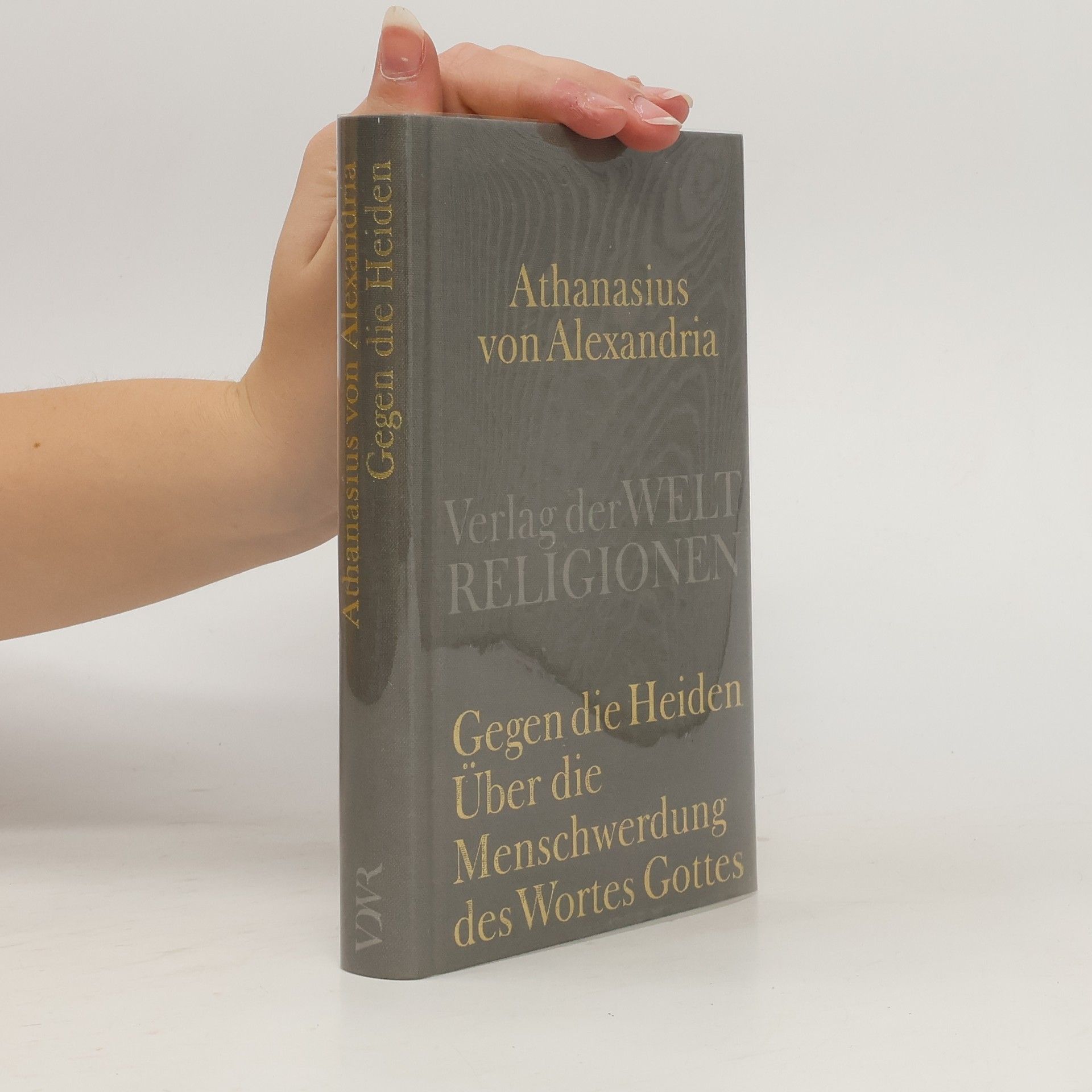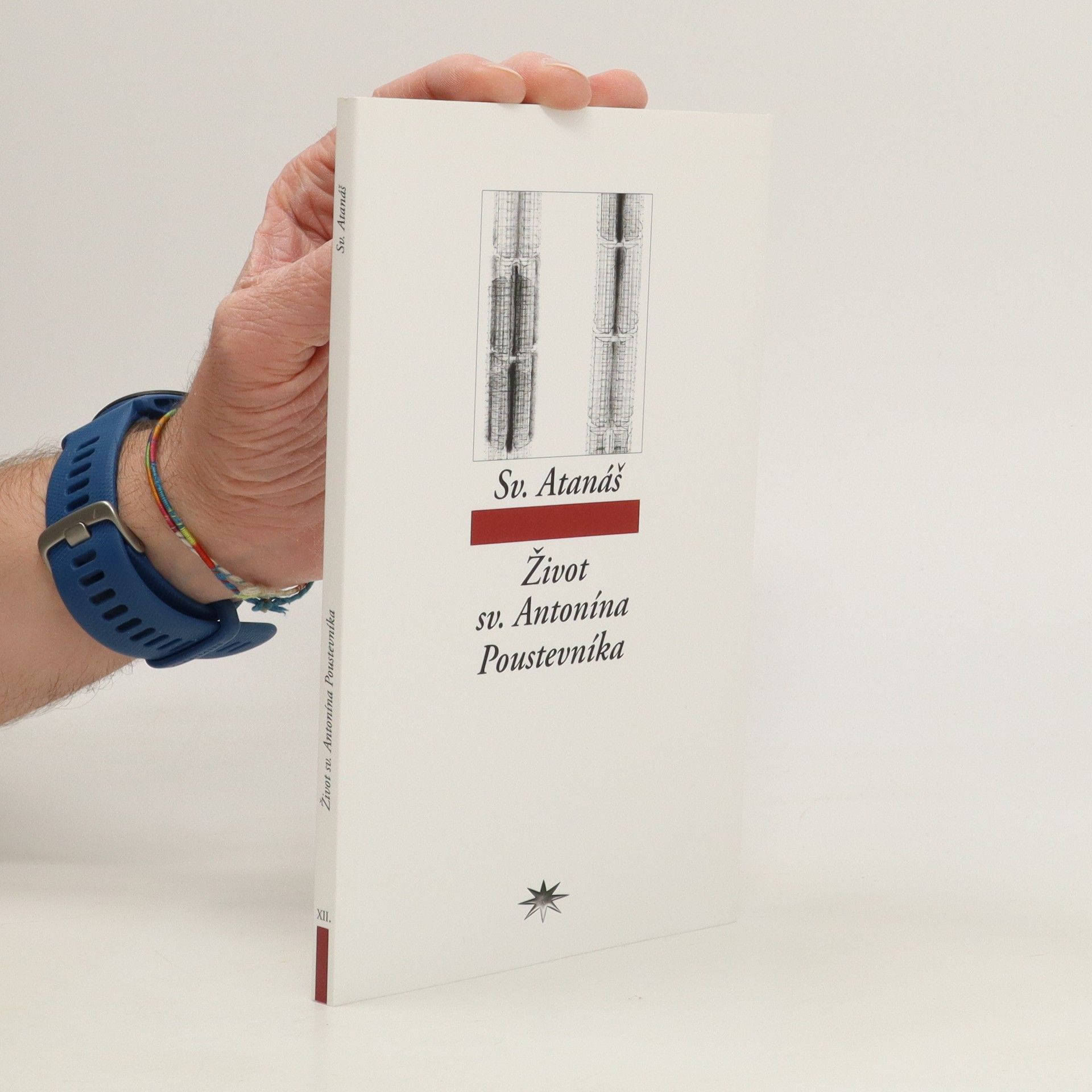Gegen die Heiden
- 326 Seiten
- 12 Lesestunden
Athanasius, Bischof von Alexandria von 328 bis 373, zählt zu den bedeutenden Kirchenvätern der christlichen Tradition. Seine Werke gewähren einen direkten Einblick in die Entwicklungen der christlichen Kirche im 4. Jahrhundert, als das Christentum unter Konstantin dem Großen zunächst toleriert und später unter Theodosius I. zur Staatsreligion wurde. In seinem theologischen Doppelwerk „Gegen die Heiden/Über die Menschwerdung des Wortes Gottes“ verbindet Athanasius die Tradition der christlichen Apologien des 2. und 3. Jahrhunderts mit neuen dogmatischen Entwicklungen nach der „konstantinischen Wende“. Er kritisiert griechisch-römische Religiosität und erklärt detailliert den christlichen Glauben an die Menschwerdung, den Tod und die Auferstehung Gottes Sohnes. In „Über die Beschlüsse der Synode von Nizäa“ verteidigt er die theologischen Erklärungen des Konzils von 325, das die Häresie des Arius verurteilte und die Trinitätstheologie formulierte. Im Mittelpunkt stehen die Begriffe „wesenseins“ und „aus dem Wesen des Vaters“. Athanasius wird als „Vater der nizänischen Orthodoxie“ anerkannt. Zudem bietet er einen Brief des Euseb von Caesarea an, der seine Unterstützung für das Nizänum nach einer vorherigen theologischen Positionierung erklärt. Athanasius, ein herausragender Gegner des Arianismus, verteidigt leidenschaftlich seine theologischen Überzeugungen und bietet authentische Einblicke in die Diskussionen seiner Zeit.



